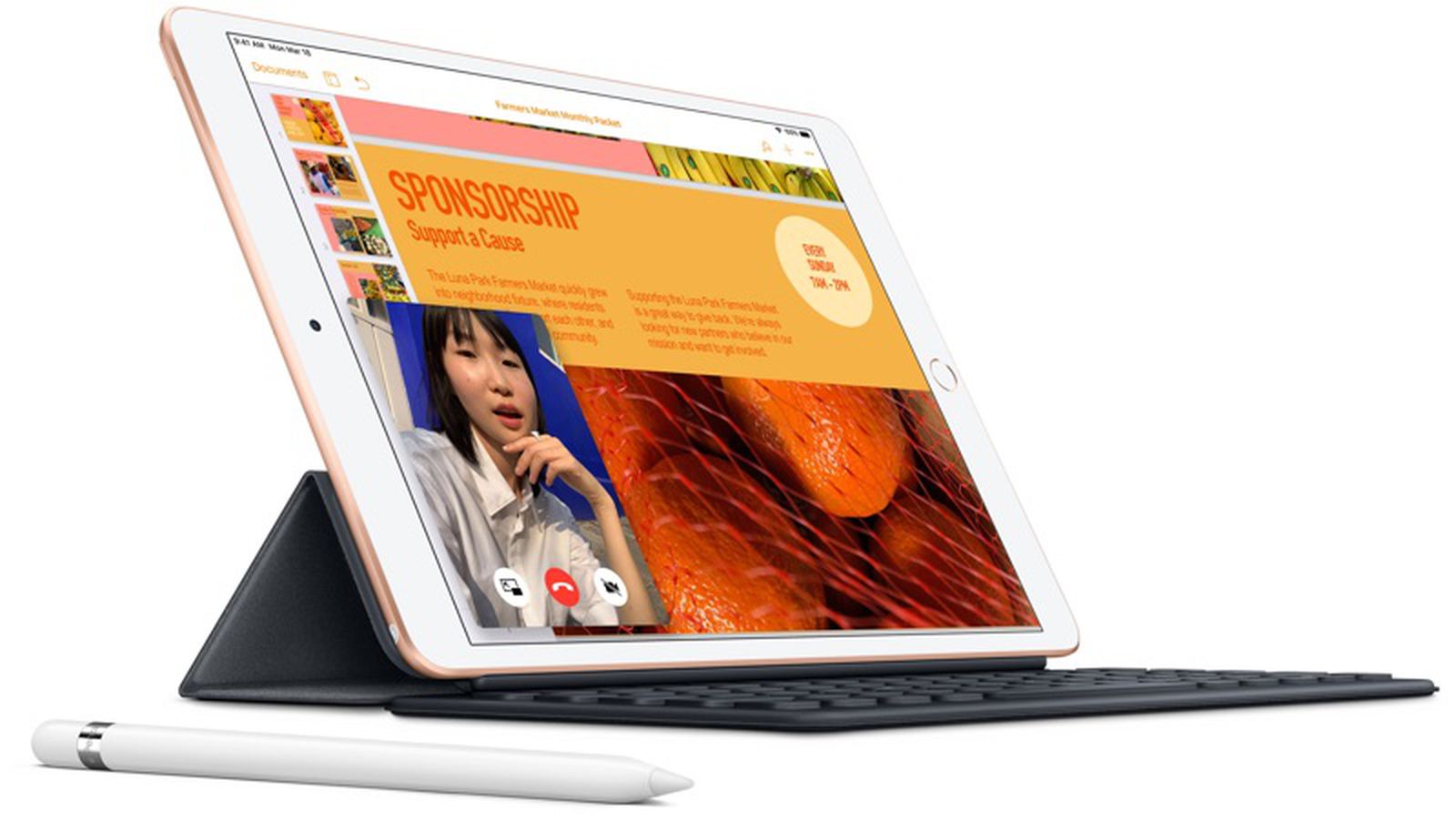Despite all the ballyhoo on flexibility, custom watchfaces, brands and corporate purchases, smart watches running Wear OS by Google continue to massively underperform mainly due to the apparent apathy by Qualcomm and Google's less than inspiring lead.
Even the latest watches announced today at CES, the $275.00 Diesel Fadelite, has the outrageously uninspiring 3100 SoC that finally replaced the pitiful 2100 that had been powering the early Android Watches.
The other trouble is that, at best, Google has given lip service to Wear OS. Literally.
Wear OS v3 was seen as no more than a splash of paint on an already incomplete, incoherent and messy OS. Sure, it sped some things up, added some extra features, but by and large it was still the same OS with the same laggy features.
Right now I can't help but feel that Wear OS is about to get the same fate as the tablet form factor did from Android. Google tried tablet operating systems multiple times, first Honeycomb running on the Xoom, then folding that into Ice Cream Sandwhich before finally throwing in the towel with Oreo.
Today Android app developers don't focus on tablet apps - and why should they? Aside from Samsung, no one else sells Android slabs any more.
Apps are all.
Who wants to buy something when the apps don't support it? As Google found out with their attempts, writing tablet apps requires more than just seeing the bigger screen as a larger canvas. It requires rethinking the paradigm.
Apple got it right - by forcing developers initially to Target the iPad as a whole new device, they got them thinking "how can we best maximise it for the betterment of the application?" And you can't do that if the underlying operating system prevents you for any reason.
Same seems to be true for Wear OS. Right now Apple are on a tear: having finally made the move to make Watch apps a first class citizen, developers seem to have refocused their efforts. Despite the app count being similar between the two platforms, a huge number of Wear OS apps seem to be watchfaces only. In addition, Apples focus on the Watch as a Health device has given it a new cachet.
So, will Google throw in the towel and say "enough" and let Samsung win the day (again), with their Tizen powered devices? Or do you think there may yet be a resurgence of Android Wear devices based on an even newer SoC?
Even the latest watches announced today at CES, the $275.00 Diesel Fadelite, has the outrageously uninspiring 3100 SoC that finally replaced the pitiful 2100 that had been powering the early Android Watches.
The other trouble is that, at best, Google has given lip service to Wear OS. Literally.
Wear OS v3 was seen as no more than a splash of paint on an already incomplete, incoherent and messy OS. Sure, it sped some things up, added some extra features, but by and large it was still the same OS with the same laggy features.
Right now I can't help but feel that Wear OS is about to get the same fate as the tablet form factor did from Android. Google tried tablet operating systems multiple times, first Honeycomb running on the Xoom, then folding that into Ice Cream Sandwhich before finally throwing in the towel with Oreo.
Today Android app developers don't focus on tablet apps - and why should they? Aside from Samsung, no one else sells Android slabs any more.
Apps are all.
Who wants to buy something when the apps don't support it? As Google found out with their attempts, writing tablet apps requires more than just seeing the bigger screen as a larger canvas. It requires rethinking the paradigm.
Apple got it right - by forcing developers initially to Target the iPad as a whole new device, they got them thinking "how can we best maximise it for the betterment of the application?" And you can't do that if the underlying operating system prevents you for any reason.
Same seems to be true for Wear OS. Right now Apple are on a tear: having finally made the move to make Watch apps a first class citizen, developers seem to have refocused their efforts. Despite the app count being similar between the two platforms, a huge number of Wear OS apps seem to be watchfaces only. In addition, Apples focus on the Watch as a Health device has given it a new cachet.
So, will Google throw in the towel and say "enough" and let Samsung win the day (again), with their Tizen powered devices? Or do you think there may yet be a resurgence of Android Wear devices based on an even newer SoC?




